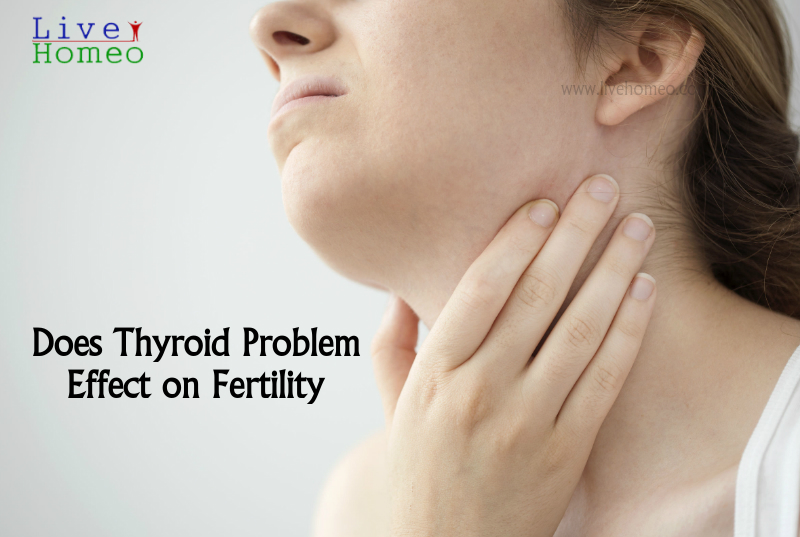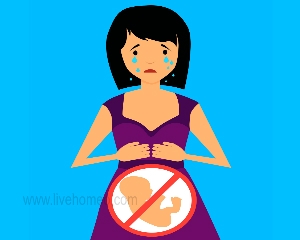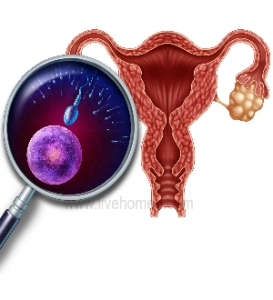Want to Know The Connection Between Thyroid Problem Effect on Fertility
If you are facing difficulties getting conceived and planning to undergo infertility treatments, step back for once and check the functioning of your thyroid gland. As abnormal thyroid functioning has adverse effects on your reproductive health and leads to an effect on fertility problems in many people. Thyroid disorder is one of the most common causes of infertility problems. It is very important to check the functioning of the thyroid gland as it not only leads to infertility but in few conceived women it also impairs the growth and development of the fetus and can also lead to miscarriages. Especially an underactive thyroid gland affects your ovulation and stops you from conceiving. Both men and women get affected with thyroid disorders and face infertility problems.

Let us in a brief discussion about the thyroid, its problems, and also how it affects your fertility.
Thyroid problem
The thyroid is a butterfly-shaped gland present in the base of your neck. It produces the two most important thyroid hormones namely triiodothyronine (T3) and thyroxine (T4), which further help in controlling our metabolism and growth and development. Several factors like genetics, infections, autoimmune disorders, stress, and others affect the functioning of the thyroid gland and lead to thyroid disorders. Hypothyroidism and hyperthyroidism are the two most commonly seen thyroid disorders that affect your fertility. Hypothyroidism is a condition where the thyroid gland fails to produce enough thyroid hormones, whereas hyperthyroidism is a condition where excess thyroid hormones are produced and released. People with thyroid face infertility symptoms like irregular periods, ovulation problems, frequent miscarriages, and so on.
Why thyroid effect on fertility?
There is a link between women’s fertility and thyroid disorders. Even though both hypothyroidism and hyperthyroidism affect your fertility chances, it is more severe with hypothyroidism.
Can hypothyroidism cause infertility? This is the most common question seen in people especially in women with hypothyroidism. In hypothyroidism, the thyroid gland fails to produce enough thyroid hormones. This lack of essential hormones interferes with your menstrual cycles and leads to ovulation problems. both hypothyroidism and ovulation are directly connected, due to the absence or lack of eggs to be fertilized, it directly impacts your fertility chances. In few cases even if the egg is released, that fertilized egg fails to attach to the uterus. Women with hypothyroidism also face low basal body temperature, which makes it difficult for the embryo to develop and thus triggers miscarriages. In addition to these, the major causes which trigger hypothyroidism in women like autoimmune disorders or pituitary disorders also compromise your fertility chances.
For those women who want to improve their fertility chances, it is important to control hypothyroidism. Even after conceiving, women with hypothyroidism need close monitoring to avoid complications like miscarriages, birth defects, fetal growth and development problems, and so on.
Other complications of thyroid
Apart from fertility, the thyroid if left untreated also leads to several other complications like vision problems, heart problems, osteoporosis, nerve damage (peripheral neuropathy), goiter, depression, cholesterol, and so on. In rare cases, if severe hypothyroidism is left untreated, leads to a life-threatening condition called myxedema. People with signs of this condition should have immediate treatment.



